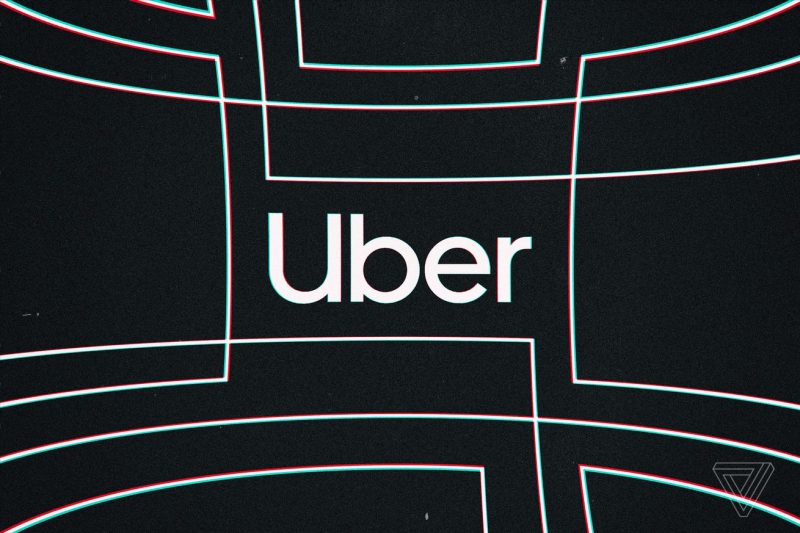Uber Will Pay You $1,000 to Ditch Your Car for Five Weeks
The ever-evolving landscape of transportation sees disruptive innovations making waves in urban commuting routines. Uber, a leading player in the ride-hailing industry, has recently introduced an intriguing proposition aimed at alleviating traffic congestion and reducing carbon emissions. The company is offering a bold incentive to individuals in select cities across the US: $1,000 in credit to forego the use of their personal vehicles for a period of five weeks.
Participating in Uber’s initiative entails surrendering the keys to your car temporarily and committing to relying solely on Uber rides, public transportation, biking, or walking for various travel needs. This move is part of Uber’s broader mission to encourage environmentally friendly modes of transport and foster greater reliance on shared mobility services.
The initiative is not just about mitigating the environmental impact of private vehicle usage; it also aims to study the behavioral changes and preferences that arise when individuals transition from personal car ownership to alternative transportation methods. Participants will be asked to provide feedback and insights throughout the five-week period to help Uber better understand the challenges and opportunities associated with reducing private car usage in urban settings.
This bold experiment is not without its challenges and potential drawbacks. For many individuals, the convenience and flexibility of personal vehicle ownership are deeply ingrained habits that may be difficult to break. Relying solely on ride-hailing services or public transportation may present logistical hurdles, particularly in areas with limited coverage or during peak travel hours. Additionally, concerns about safety, affordability, and accessibility may deter some individuals from fully embracing the shift away from private car ownership.
However, Uber’s offer of $1,000 in credit serves as a compelling incentive for individuals to reconsider their transportation habits and explore alternative modes of mobility. The financial reward may help offset the costs associated with ride-hailing services and public transportation, making the transition more feasible for interested participants.
As cities grapple with mounting traffic congestion, air pollution, and the challenges of urban mobility, initiatives like Uber’s car-ditching program offer a glimpse into a more sustainable and efficient future. By incentivizing individuals to rethink their reliance on personal vehicles and embrace shared transportation options, Uber is taking a proactive step towards realizing a transportation ecosystem that is greener, more equitable, and better suited to the needs of urban dwellers.
While the success and impact of Uber’s initiative remain to be seen, the company’s bold experiment signals a growing recognition of the need for innovative solutions to address the complex challenges of urban mobility. As the transportation landscape continues to evolve, initiatives that encourage sustainable and shared modes of transportation are likely to play a pivotal role in shaping the future of urban mobility.

